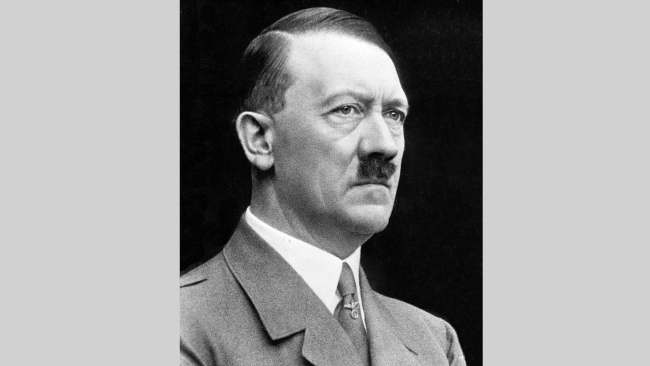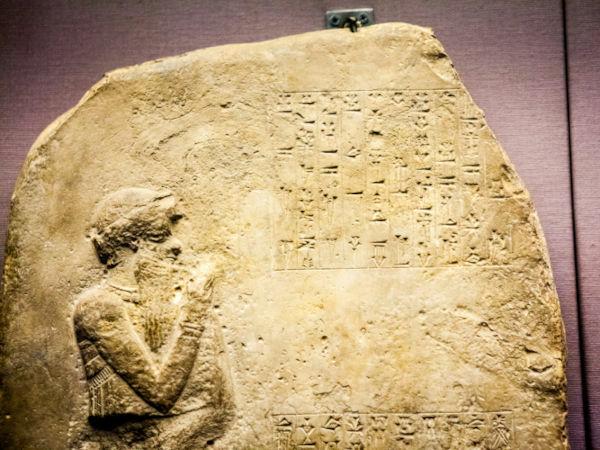Fuhrer, also written Fuehrer, is a German word meaning "leader" or "guide".
The term it became known after being used by Adolf Hitler to define his role of total authority in Germany's Third Reich (1933-1945).
Before the term was claimed by Hitler, the word was also used as a military title for commanders who lacked the qualifications to maintain permanent command.
As there is a strong connotation between this term and Nazi Germany, the fuhrer it is no longer used in the political context, but can be combined with other words to mean "guide". For example, a mountain guide would be called a Bergfuhrer, with "berg" meaning "mountain".
 Adolf Hitler, called fuhrer by his Nazi Party followers.
Adolf Hitler, called fuhrer by his Nazi Party followers.
Führer as title of Adolf Hitler
hitler required the floor fuhrer as a unique name for himself and started using it when he became president of the Nazi Party in 1934.
It was not uncommon to call the leaders of a party a fuhrer, but generally the word had an addition to indicate which party the leader belonged to.
By adopting it as a unique title, Hitler was inspired by the extremist Austrian politician Georg Von Schonerer (1842 - 1921), who also used the term and whose followers also made use of the salutation Sieg Heil, "save the victory!" in German.
The term "Heil Hitler!” (“Hail Hitler!”) became legally binding as a common salute, as did the Hitler salute with the right arm fully thrust forward with the palm facing downwards.
 Obligatory salute to Hitler.
Obligatory salute to Hitler.
Within the political organization, the Führer stood at the apex of a hierarchy. Directly below him were several Reichsleiter (leaders of the reich) with responsibilities such as finance, advertising, foreign policy and the right, as well as the political Heinrich Himmler, head of the Gestapo and the second man in the Nazi hierarchy.
After the passage of the "Full Powers Act of 1933", which granted Hitler full power, the dictator suppressed the office of then German president Paul von Hindenburg and became his successor.
This violated the Full Powers Act itself and Hitler did not use the title as "president". He called himself "Führer and Reich Chancellor" (chancellor is the title given to the head of the German executive branch).
He would use the title in combination with other political leaders, for the positions he took, for example "Germanic Führer" or "Führer and Supreme Commander of the Army"
The death of Adolf Hitler
After an apparent loss in the war and persecution unleashed by France, the United States and the United Kingdom, Adolf Hitler married Eva Braun and killed himself with a pistol shot to the head on April 30, 1945.
Eva also committed suicide on the same day by taking a cyanide capsule.
As the bodies were not found, many stories circulated about this. One said that the corpses were recovered years later. Others claimed that Hitler had fled, etc.
The bodies of Hitler and Eva were cremated in the chancellery garden by the survivors of the bunker (as per your own orders).
A German court finally officially declared Hitler's death only in 1956.
See too:
- What is Nazism?
- What was the Holocaust?
- What is the story of Anti-Semitism?
- What is Fascism?
- What is Arianism?
- What is SS?


